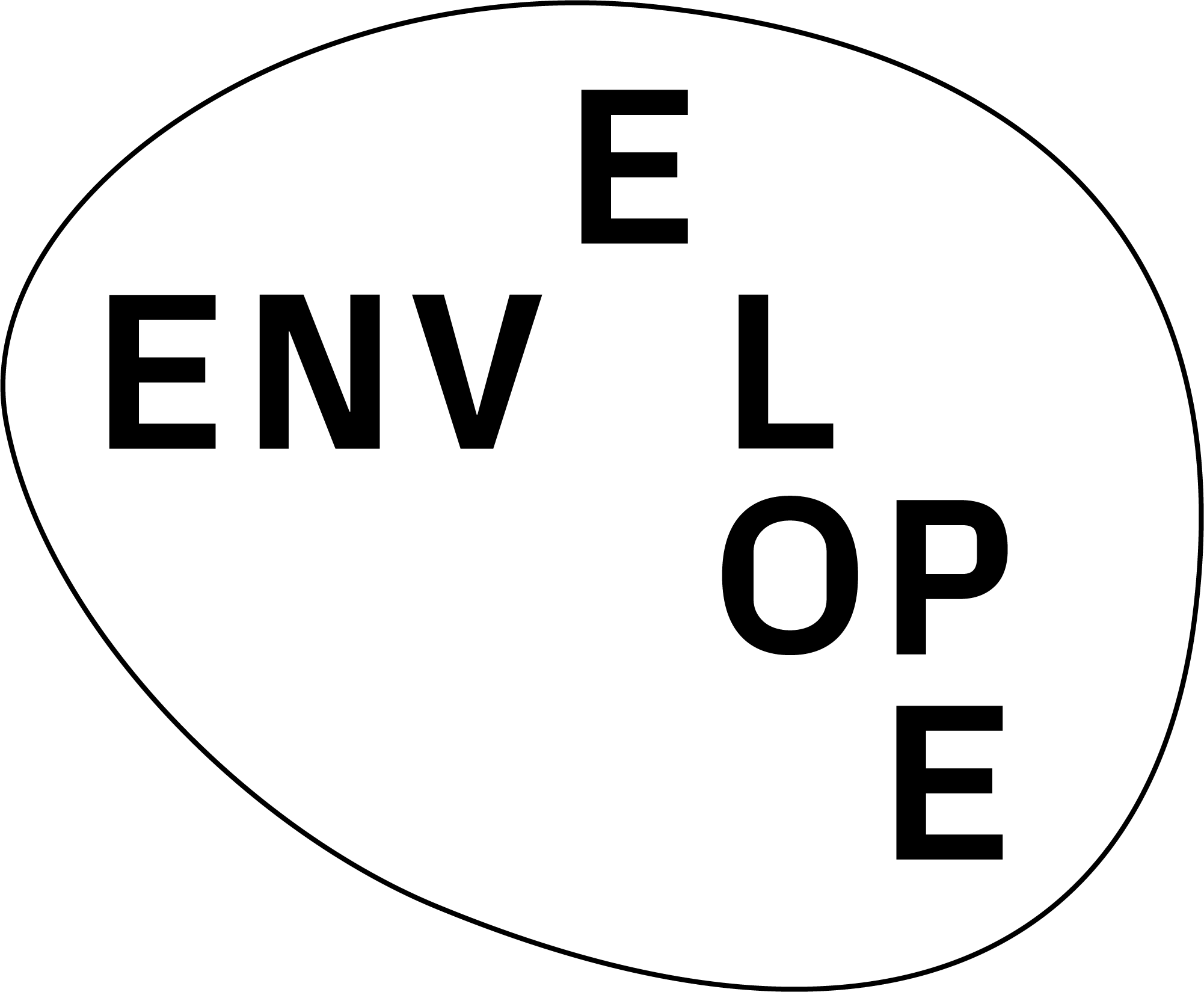

ENVELOPE architecture + design

California, United States
June 2023
Architecture design & planning
Service with Minor Environmental Footprint
United States
ENVELOPE A+D is a values-driven architecture and activations studio; a hybrid practice intent on realizing an equitable and compelling built environment. Founded in 2002, the firm is recognized for its pioneering work transforming underutilized sites across San Francisco and for crafting environments for hospitality, community gathering, public life and the arts. Our steadfast commitment to fostering positive social and environmental impact through our work in the Bay Area and beyond led us to becoming a Certified B Corporation in the summer of 2023. As ethically focused design thinkers and creative problem solvers, we are on a mission to co-create places that encourage connection to each other and to the Earth — spaces that delight and inspire the senses, revealing and making present concepts of abundance, generosity and beauty. We act on our conviction that our individual and collective agency to create positive change is a powerful force, capable of reversing the current shared sense of depletion, decay and exhaustion — replacing it with a call to our innate abilities to imagine and manifest brazenly joyful futures together.
Overall B Impact Score
Governance 12.2
Governance evaluates a company's overall mission, engagement around its social/environmental impact, ethics, and transparency. This section also evaluates the ability of a company to protect their mission and formally consider stakeholders in decision making through their corporate structure (e.g. benefit corporation) or corporate governing documents.
What is this? A company with an Impact Business Model is intentionally designed to create a specific positive outcome for one of its stakeholders - such as workers, community, environment, or customers.
Workers 32.4
Workers evaluates a company’s contributions to its employees’ financial security, health & safety, wellness, career development, and engagement & satisfaction. In addition, this section recognizes business models designed to benefit workers, such as companies that are at least 40% owned by non-executive employees and those that have workforce development programs to support individuals with barriers to employment.
Community 21.2
Community evaluates a company’s engagement with and impact on the communities in which it operates, hires from, and sources from. Topics include diversity, equity & inclusion, economic impact, civic engagement, charitable giving, and supply chain management. In addition, this section recognizes business models that are designed to address specific community-oriented problems, such as poverty alleviation through fair trade sourcing or distribution via microenterprises, producer cooperative models, locally focused economic development, and formal charitable giving commitments.
Environment 20.3
Environment evaluates a company’s overall environmental management practices as well as its impact on the air, climate, water, land, and biodiversity. This includes the direct impact of a company’s operations and, when applicable its supply chain and distribution channels. This section also recognizes companies with environmentally innovative production processes and those that sell products or services that have a positive environmental impact. Some examples might include products and services that create renewable energy, reduce consumption or waste, conserve land or wildlife, provide less toxic alternatives to the market, or educate people about environmental problems.
What is this? A company with an Impact Business Model is intentionally designed to create a specific positive outcome for one of its stakeholders - such as workers, community, environment, or customers.
Customers 1.7
Customers evaluates a company’s stewardship of its customers through the quality of its products and services, ethical marketing, data privacy and security, and feedback channels. In addition, this section recognizes products or services that are designed to address a particular social problem for or through its customers, such as health or educational products, arts & media products, serving underserved customers/clients, and services that improve the social impact of other businesses or organizations.